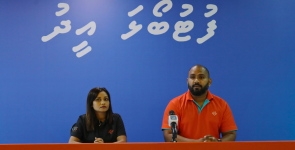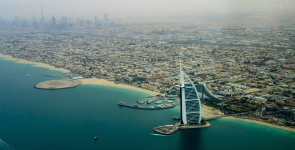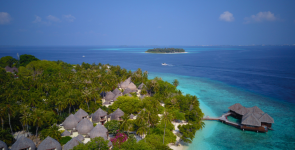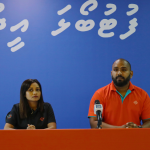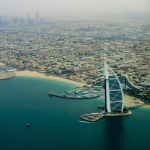President Dr Mohamed Muizzu’s decision to construct nine additional airports in the Maldives has ignited a national conversation about development priorities. While the initiative promises greater connectivity, critics question its necessity, cost, and potential missed opportunities for alternative investments.
The timing of the announcement, mere days before parliamentary elections, adds a layer of political scrutiny. Infrastructure projects, particularly those with a high public profile like airports, often become tools to sway voters. Announcing them generates a sense of progress, allows politicians to seemingly address localized needs, and can distract from careful assessments of the costs and benefits compared to other development priorities. It remains vital for citizens to distinguish between responsible development initiatives and those primarily designed with an election-day focus.
The Cost of Convenience
Airport construction is notoriously expensive. Each new airport requires land acquisition, runway development, terminal buildings, navigation and traffic control systems, and the associated infrastructure to support these. Additionally, the Maldives’ geography – a collection of small, dispersed islands – increases logistical complexity and elevates construction costs compared to mainland projects.
Maintenance also presents an ongoing financial burden. Airports require specialized personnel, security measures, and continuous repairs to combat the wear and tear caused by weather and heavy use. The government will need to factor these into its long-term budgets.
Opportunity Costs: What Goes Unfunded
The central question for critics is that of opportunity cost. When significant funds are dedicated to airport expansion, other crucial areas of development may suffer. Here are some potential areas where those funds could be redirected:
- Inter-Island Transportation: An efficient and affordable ferry system could provide an alternative to air travel between nearby islands. This investment would reduce the need for multiple airports while fostering economic activity and connectivity for Maldivians.
- Healthcare: The Maldives still faces healthcare challenges, particularly in remote areas. Investing in hospitals, clinics, and medical personnel could greatly improve the quality of life for citizens.
- Education: Strengthening the education system, including teacher training, school infrastructure, and providing resources to ensure equal opportunities would secure long-term benefits for the nation.
- Renewable Energy: The Maldives is vulnerable to climate change and a reliance on imported fossil fuels. Investing in renewable energy sources would protect the environment and reduce long-term energy costs.
- Social Services: Vulnerable populations such as the elderly or those with disabilities could see their quality of life improve with focused investment in social support programs.
Balancing Development with Economic Realism
The desire to enhance connectivity and boost regional economies is understandable. However, it is crucial to question whether nine additional airports represent the most efficient and impactful use of public funds. A thorough cost-benefit analysis should be undertaken to assess the economic return on each proposed airport compared to investments in alternatives.
It’s important to find a balance between necessary infrastructure development and addressing other essential needs. While airports have a role in the Maldives’ future, a critical public dialogue is warranted to ensure that development decisions prioritize long-term well-being, economic sustainability and the best interests of the entire Maldivian population.
Call for Open Debate
This issue presents an opportunity for the government, economists, and the public to engage in an open debate. Transparent assessments of the financial implications of airport expansion, coupled with clear presentations of alternative development strategies, would empower citizens to make informed judgments about the future they wish to see for the Maldives.










